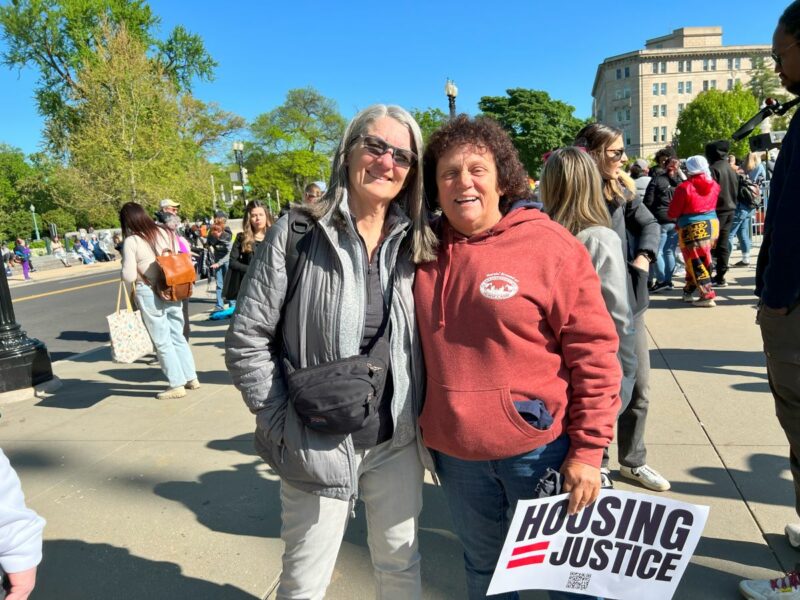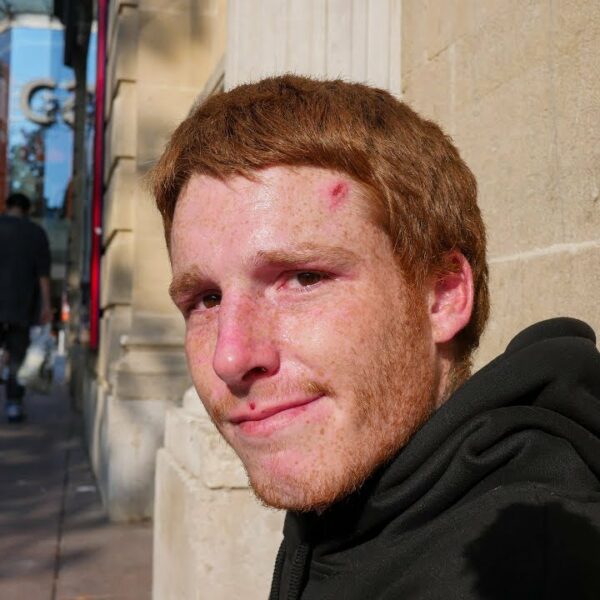Those who were evicted or left suitable accommodation will soon receive more help
The latest measure to be enacted under the 2014 Housing (Wales) Act will provide greater protection for intentionally homeless people. This includes individuals who have been evicted for anti-social behaviour or left suitable housing for a variety of reasons.
Under the former rules, labeling someone intentionally homeless released the council from their duty to secure accommodation, or allowed them to refer that person to a different council under local connection rules. Under the new rules, certain groups of people will be entitled to assistance even if found to be intentionally homeless.
Groups Securing Extra Protections
As of December, Wales can no longer deny assistance to the following groups of people (and those in their household), if they are deemed a priority need:
- People with dependent children
- Pregnant women
- People who were under 21 at the time they submitted their homelessness application
- People between 21 and 25 at the time of their application who had been in care when they were under 18
However, no one will be owed a final duty if they have been found intentionally homeless and offered accommodation more than once in the last five years.
These new protections limit who councils can exclude from assistance. But, it doesn’t mean that all councils will test everyone for intentional homelessness. Some are more lenient than others. They may test everyone, no one, or only certain categories of people (like families with children) and not others.
Under law, each council must display on their website whether they will test for intentional homelessness. If so, they must list which category of person they will test. They must test all applicants of the categories that they have listed, without exception. To minimize confusion and red tape, the council can only revise the categories up to two times per year.
What Does it Mean to Be Intentionally Homeless?
By law, someone may be referred to as intentionally homeless if they deliberately did, or failed to do something that caused them to lose their home when they should reasonably have known the consequences. This includes giving up suitable tenancy or being evicted for their behaviour.
What that looks like in real life can take a number of different forms. Here are a few examples:
Knowing Nonpayment of Rent or Mortgage
You knowingly and continually failed to pay your rent or mortgage, even though you could afford to do so. Or you knew you wouldn’t be able to afford those rent or mortgage payments when you moved into your home.
Remember, this is only a factor if you really could have afforded to pay but just didn’t. People who lost their home because of financial difficulties outside of their control, delays in housing benefits or universal credit payments, physical or mental illness or disability that prevented you from working, or a partner who lied about paying are not likely to be considered intentionally homeless.
Evictions for Antisocial Behaviour
You could be found intentionally homeless if you or a member of your family was evicted because of antisocial behaviour. Parents are usually held responsible for their children’s behaviour in cases like these, particularly if the child is young.
It’s not completely cut and dry, though. What you did to try and stop the antisocial behaviour could impact the council’s decision.
You Left Suitable Accommodation
If you left accommodation that was both available to you and reasonable for you to live in, you may be found to be intentionally homeless by your council.
Your accommodation won’t be considered reasonable for you to live in if:
- It is in very poor condition as compared to other local housing
- You or someone in your household was experiencing abuse or threats of abuse at that location
- You couldn’t afford the rent or mortgage payments along with necessities like food and heating
- The accommodation was damaging your health
- The accommodation was not available or accessible to any member of your household
You may have other reasons why the accommodation you left was not suitable, in which case it’s best to seek advice on how best to present that to your council.
You Left a Job That Provided Accommodation
Tied accommodation, or housing that comes with a job, is a common perk in some industries, including farming. If you willingly leave a job that provided housing and as such become homeless, you may be considered intentionally homeless.
‘Minded To’ Letters
If you are being evaluated for the intentionality of your homelessness and it becomes clear at an early stage that you could be found intentionally homeless, your council must send you a letter informing you of that fact. This will basically say that they’re thinking of deeming you intentionally homeless, and explain what will happen if that decision is reached.
In response to such a letter, you should provide any and all additional explanation or evidence that you can in order to make your case. Begin preparing for what you’ll do if you are found intentionally homeless and ineligible for assistance. The letter serves as a courtesy to give you more time to both defend yourself and make informed choices and arrangements ahead of time.
Your Right to Internal Review
If you are found intentionally homeless and not within a newly protected groups, you cannot receive assistance. You have the right to appeal the local authority’s decision by requesting a review within 21 days from the time of the original determination. This can be done in writing or orally. It’s best to put it in writing so that there is a clear paper trail of your request. The review will be carried out by someone within the local authority who was not part of the original decision.
Photo by Charlie Ellis on Unsplash













